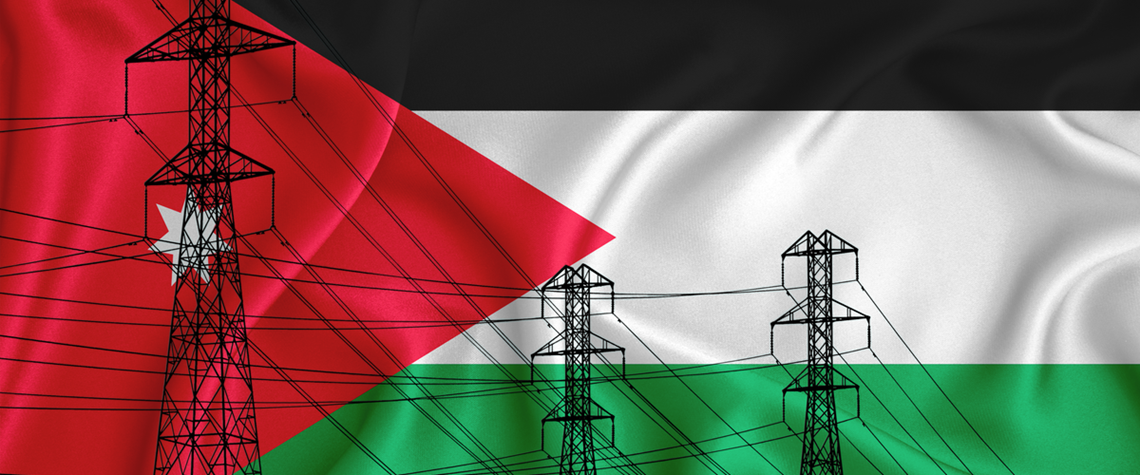Jordan eyes renewable power exports
As wind and solar power capacity have ramped up impressively, the government is mulling ways to maximise its returns
Jordanian energy minister Saleh Kharabsheh declared via state media in mid-November that the kingdom’s 2030 target for renewables’ share of the power generation mix had been lifted to 50pc from 30pc. The low-key announcement came days after an Australian mining company formally began exploring potential green hydrogen production in Jordan, and days before a landmark agreement envisaging exports of renewables-derived electricity to neighbouring Israel. Famously an oasis of peace in a conflict-riven region, Jordan is also historically dependent on hydrocarbon imports for over 90pc of its energy needs, with all the attendant insecurity and costs implied. Unsurprisingly, the kingdom moved early

Also in this section
25 April 2024
Carbon capture rates forecast to rise steadily from end of decade, but policy tools to drive large-scale deployment have yet to take shape, according to DNV
23 April 2024
Europe must unlock cross-border CO₂ trade if it wants to build a viable CCS sector for the long term
16 April 2024
US and European oil majors snap up smaller players and look to accelerate development in a region deemed to possess all the key elements for successful CCUS deployment
15 April 2024
Demand for credits seen rising 20% this year despite issues around integrity and standardisation







